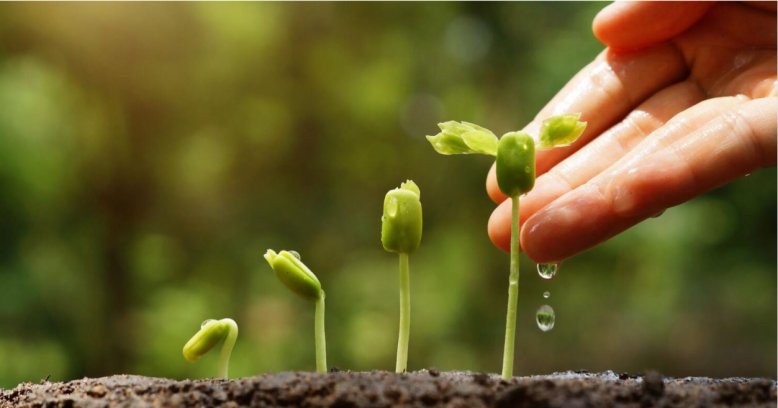
Ahlstrom acquires ErtelAlsop
Ensuring long-term preservation of nucleic acids at ambient temperature and reliable DNA recovery over time.

15th April 2024
Innovation in Textiles
|
Finland
In the dynamic landscape of biological research, the efficient preservation of nucleic acid samples is crucial for unlocking insights into the genetic makeup of various organisms. However, this task can prove challenging, particularly in the case of plant specimens where degradation can occur rapidly.
To solve this problem, Ahlstrom is extending its specimen collection cards portfolio with the addition of LeafSaver, a cotton-based nonwoven card specifically designed for the collection, transport and storage of plants, fungi, insects, and parasites.
Unlike traditional preservation methods which often require freezing or refrigeration, Ahlstrom LeafSaver allows DNA preservation directly on the card at ambient temperature. This eliminates the need for specialised storage conditions, simplifying logistics, bringing sustainability benefits and reducing costs associated with cold chain transportation. It ensures long-term preservation of nucleic acids at ambient temperature for over two decades and reliable DNA recovery over time. The card can also be shipped by regular mail without the need for plastic wrapping.
Researchers simply need to place the plant specimen on the designated area of the card, allow it to air dry, and then close and seal the card securely. This streamlined process makes it ideal for fieldwork, remote expeditions, or any scenario with limited access to laboratory facilities.
“The LeafSaver card represents a significant advancement in plant, fungi, insect, and parasite DNA preservation technology,” says Jacques Lafon, EVP of healthcare at Ahlstrom. “Its design and ease of use empower researchers to collect and preserve high-quality DNA samples with minimal difficulty, ultimately accelerating discoveries across various fields, including agriculture, environmental science, botany and beyond.”

Business intelligence for the fibre, textiles and apparel industries: technologies, innovations, markets, investments, trade policy, sourcing, strategy...
Find out more